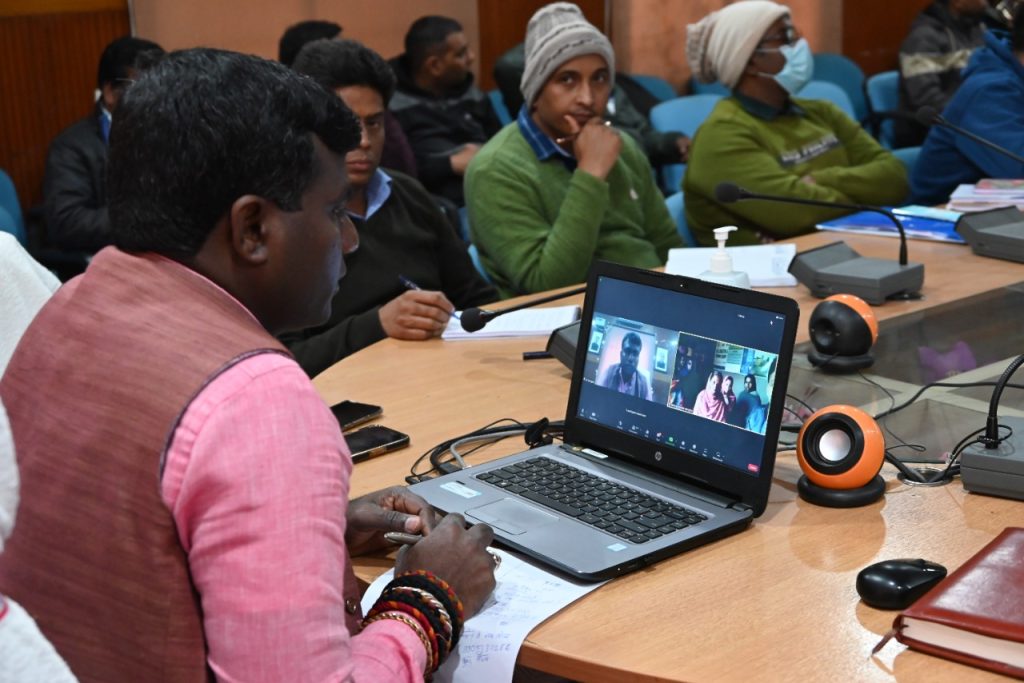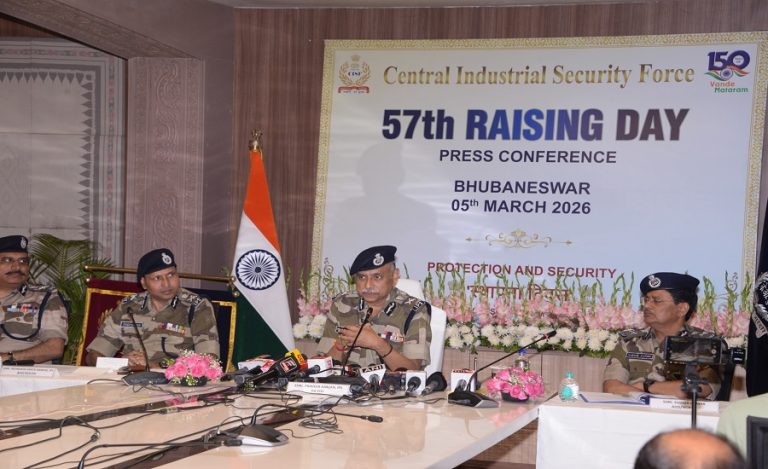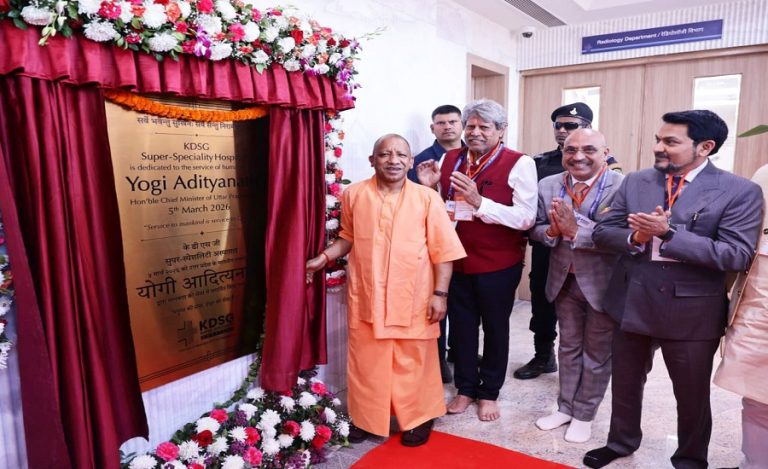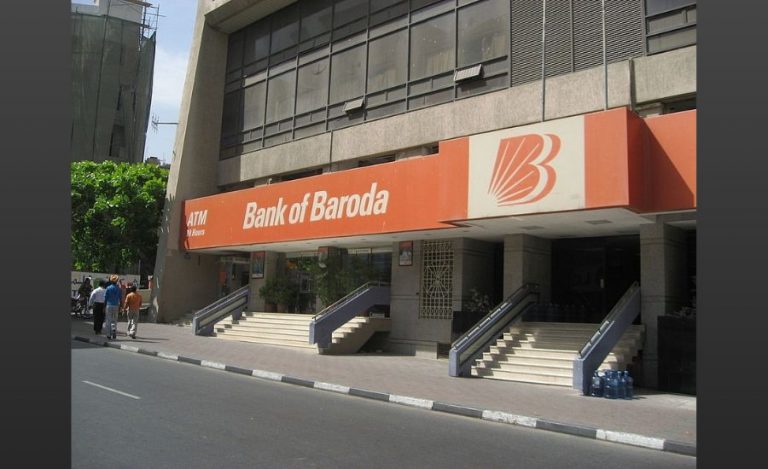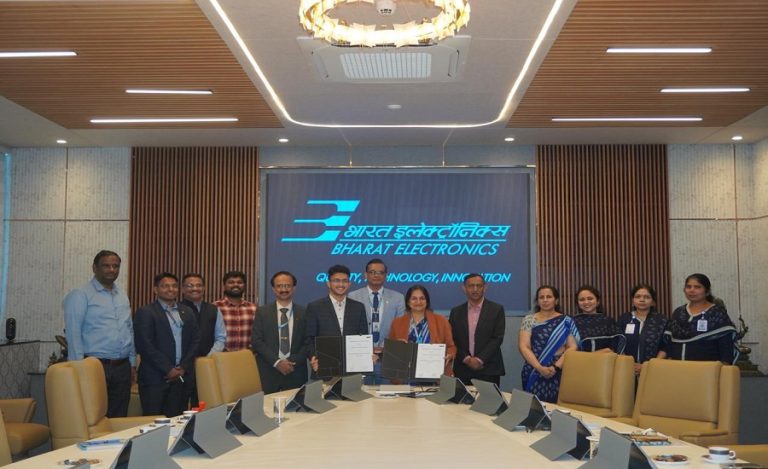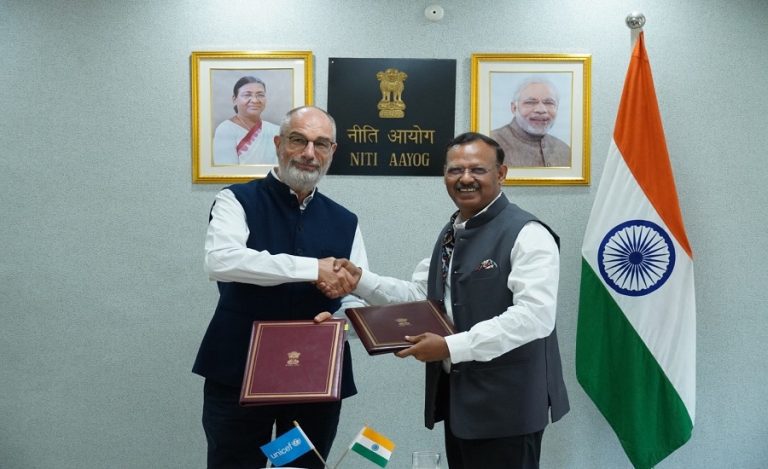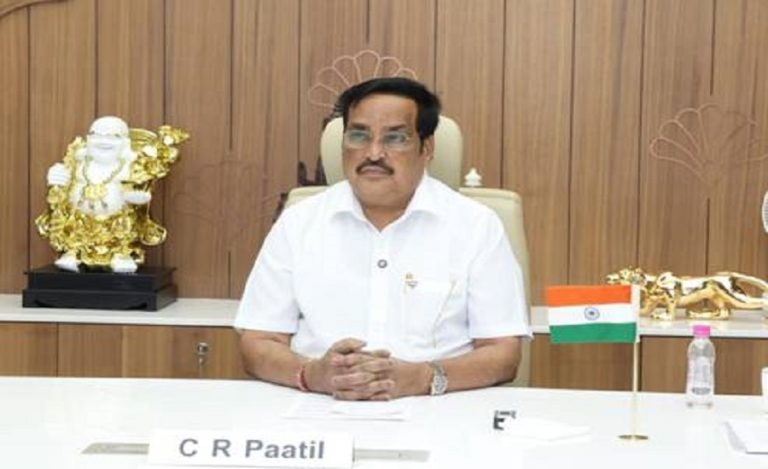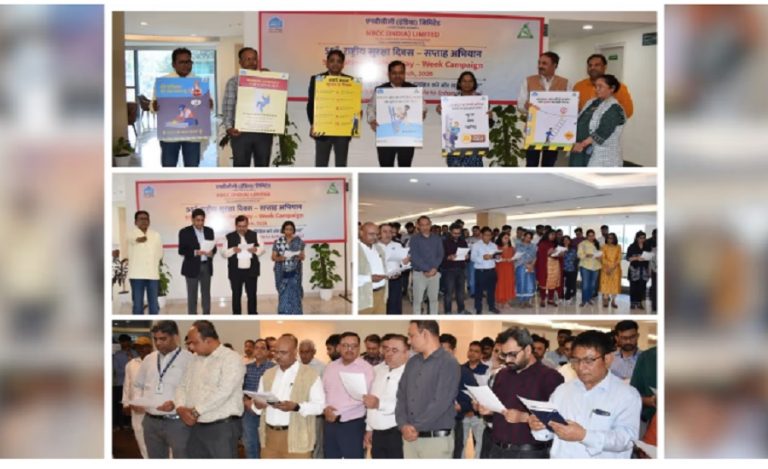Corona-induced restrictions hampered the routine of many people. That included the District Collector of Deogarh, Jharkhand, IAS officer Manjunath Bhajantari, who had been speaking to people’s grievances in his office. Undeterred by the lockdown, he came up with the novel idea of using zoom calls to get across to the people with the help of over 1000 CSC (Citizen Service Centres) or Pragya Kendras – institutions with Wi-Fi and internet facilities along with video camera setups.
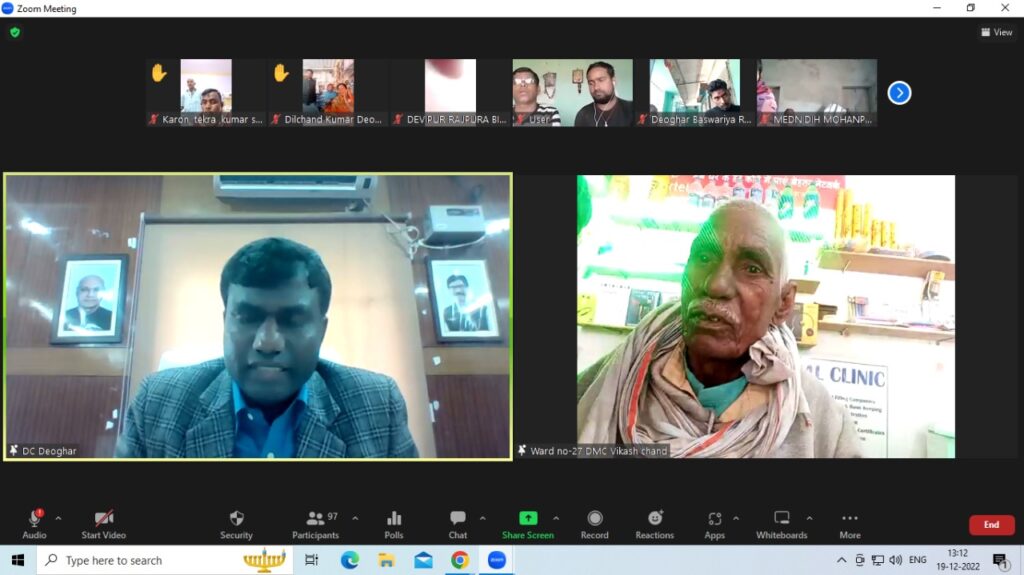
HARNESSING POTENTIAL
Every panchayat in the district has at least two or three CSCs. To realise the full potential of the district administration’s four pillars – Panchayat, Police Stations, Revenue Circle Office, and Block Development Office (BDO), the officer devised the idea of establishing a direct link between the common man and the administration.
Mr. Bhajantari, along with several other line departments from different sections, one nodal officer from the police department, and other relevant officers, gather in the district headquarters every Monday at 11 a.m., with their laptops and other necessities, and connect with revenue circle officers and BDOs via Zoom meeting.
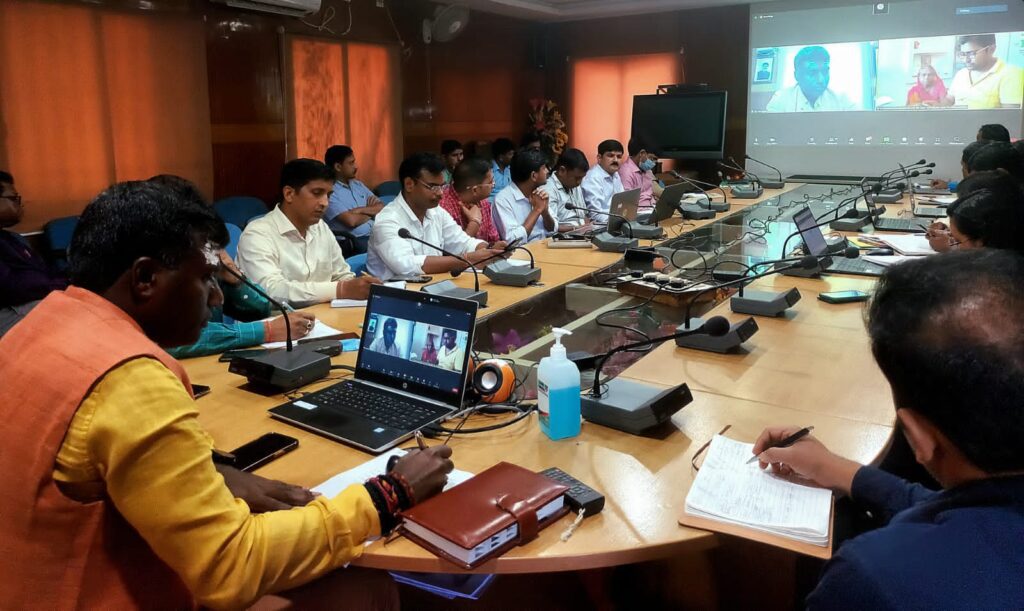
On the other hand, members of the general public who want to communicate with the DC about their complaints and issues they want the government to address, assemble in the CSCs of their panchayat to do so. They then take part in the Zoom meetings where they can speak with the Collector face-to-face and discuss their issues.
“We are able to converse with over 250 people in one session through this. We direct the program towards the most vulnerable sections of society. The citizens directly talk to me through video conference and share their problems and we immediately verify their problems and instruct the concerned police stations or BDOs, then and there, to solve the problems as soon as possible,” the officer told Indian Masterminds in an exclusive interview.
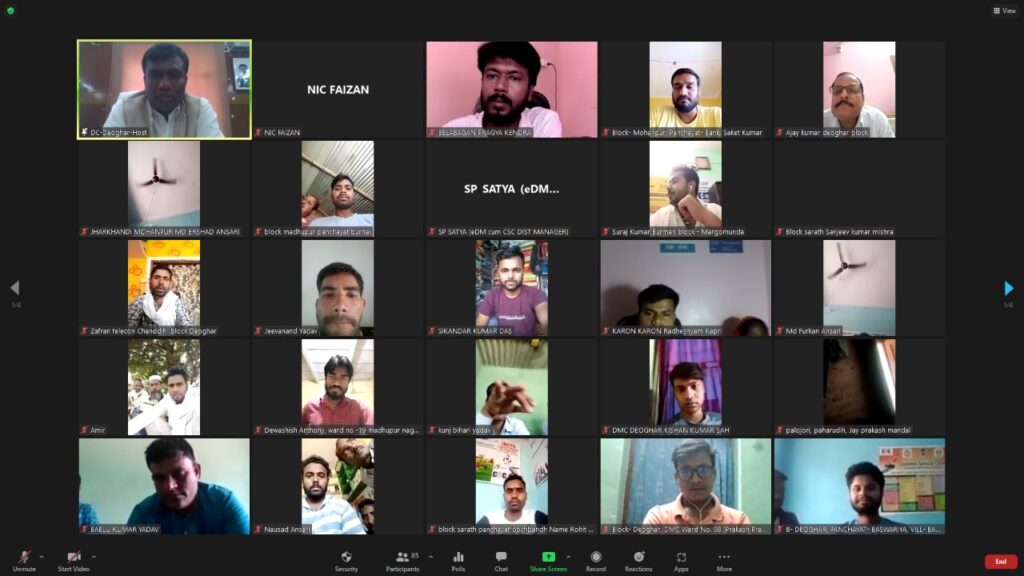
VIDEO CONFERENCES
What began as a Covid-19 necessity has turned into full-fledged weekly sessions bridging the gap between the common man and the district administration. Through the project, the administration is also able to monitor the staff and field-level officers and monitor their work. The officers are constantly on their toes, making sure that no beneficiary is overlooked.
Recently, potters were facing problems in getting clay for their work. Over 100-150 potters assembled to voice their concern at someone who was preventing them from procuring clay using muscle power. No clay meant no work and no livelihood for them.
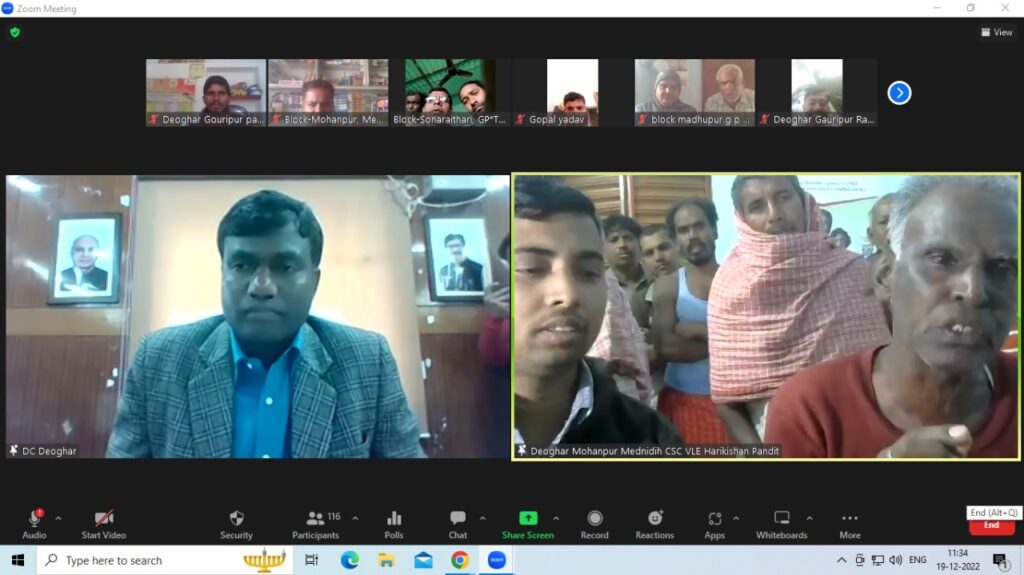
Mr. Bhajantari immediately contacted the concerned revenue officer and police officers of the area and asked them to resolve this problem immediately. The officers caught hold of the man and got potters their necessary raw material.
“As it is, life is difficult for them. They hardly earn a few hundred rupees through their pottery business. We brought him immediate relief and I am happy to say that they are back to business now,” he said.
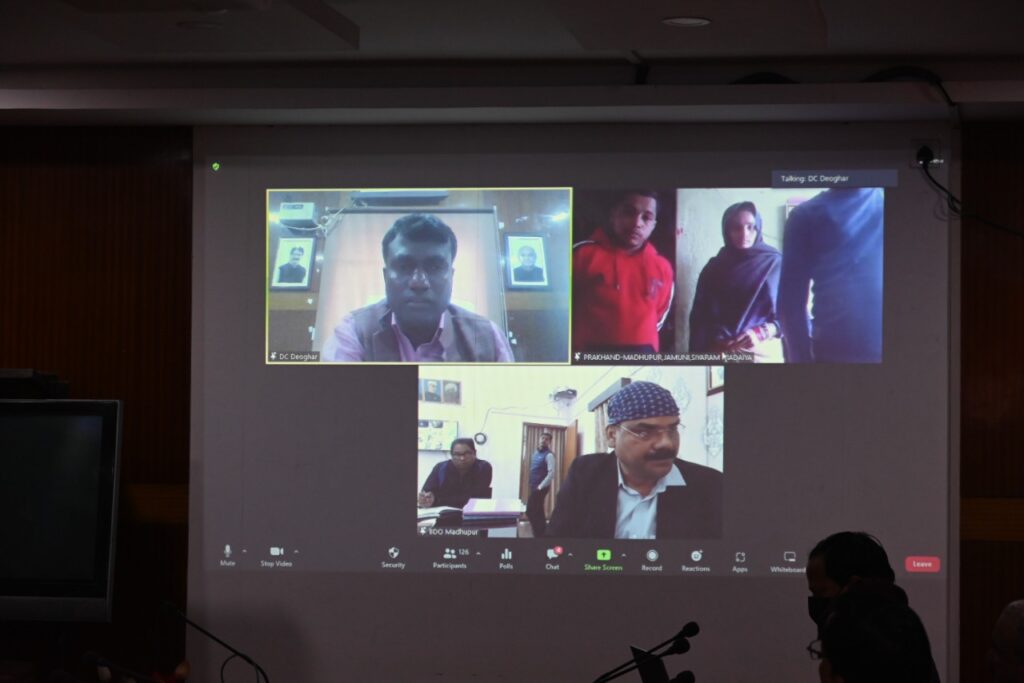
DINNER WITH DC
Along with the ‘Talk to DC’ program, Mr. Bhajantari has also launched another program called ‘Dinner with DC’ wherein he randomly selects a particular Panchayat and visits it along with other block and revenue officers. He then gathers all the people from the Panchayat there, in the morning, and directly interacts with them for an hour regarding the social security schemes, government schemes, grievance redressals, etc.
By the end of the community interaction, the officer sits down with the people and eats the region’s special millet-based dinner with them.
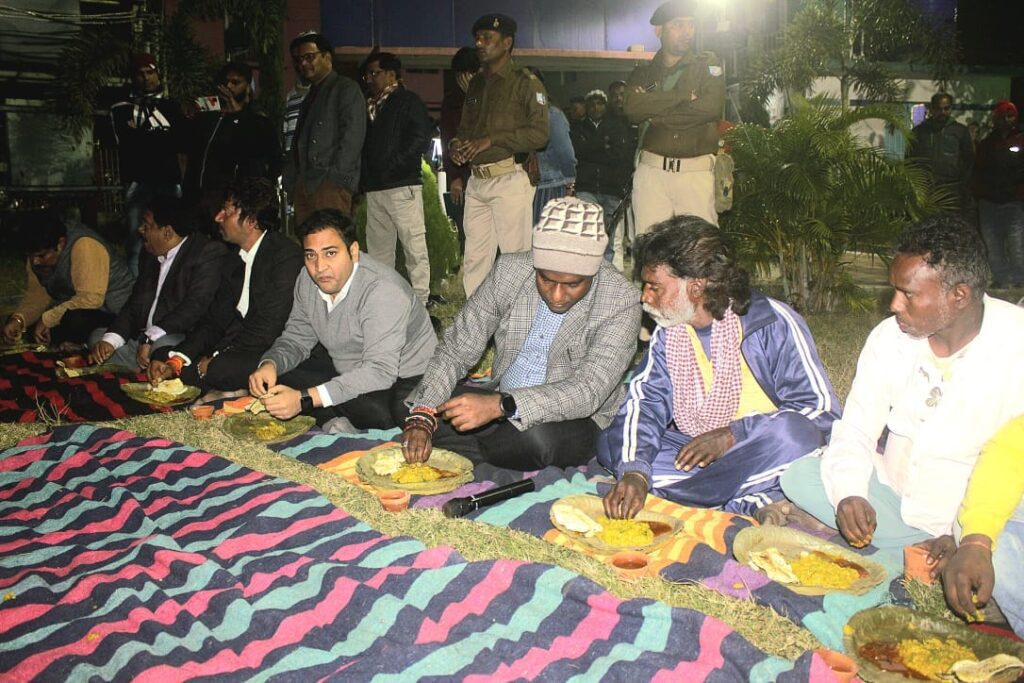
The officer is solving genuine problems of the people, through direct response and time-borne redressal winning their trust and applause.

